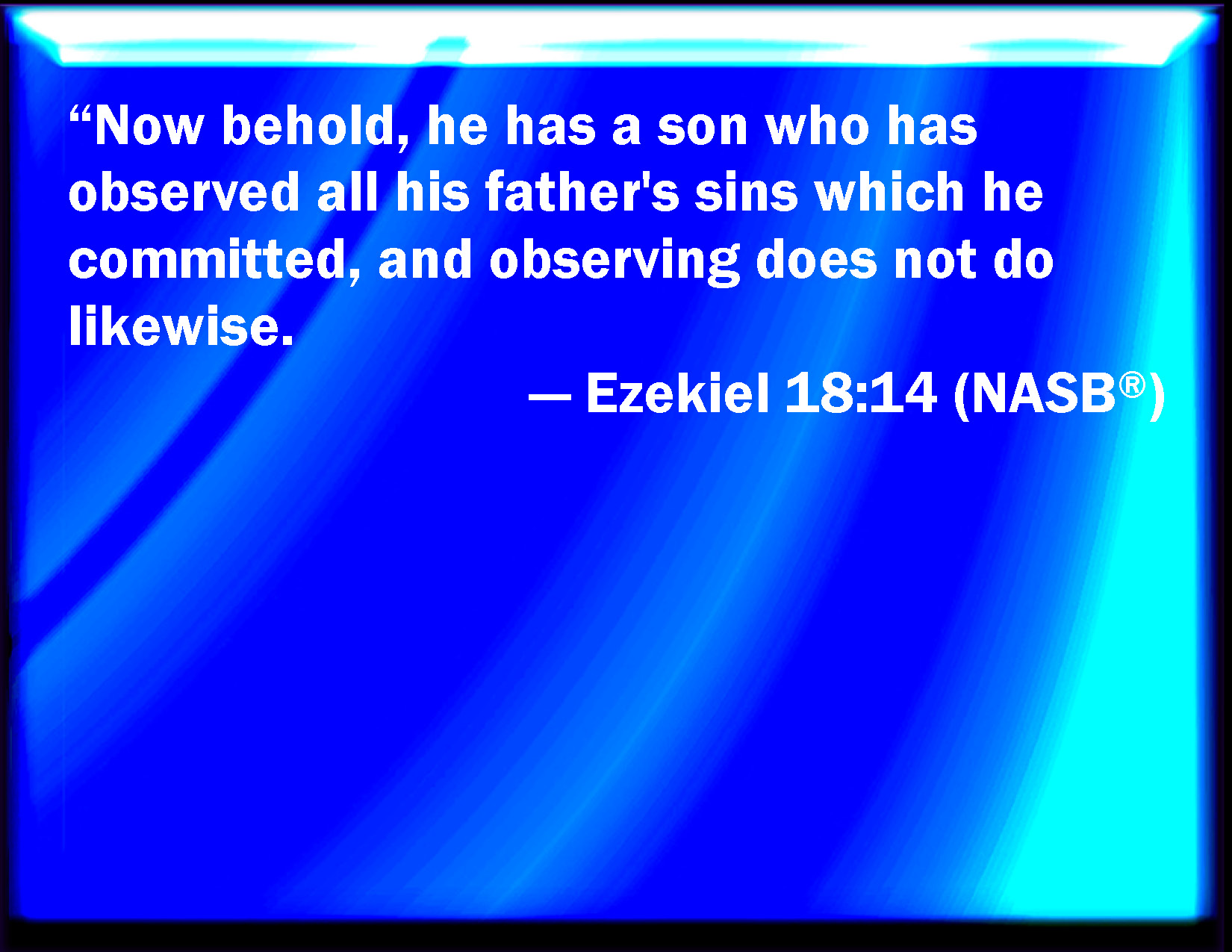

The theory was controversial, but it got a lot of buzz. Since poor people are more likely to have abortions and more likely to be incarcerated for violent crime, legal abortion meant that many would-be criminals had been eliminated before they could ever start.

Dubner argued that the drop in crime experienced across the country in the mid-1990s was at least partially attributable to the legalization of abortion in the 1970s. Sanger’s dream of eliminating poverty and “defective” people by eliminating their children is surprisingly resilient. Half of the women having abortions in the United States are poor and another quarter are low-income. Almost a century later, a third of aborted children in the United States are African American.
#THE SINS OF THE FATHER ARE NOT THE SINS OF THE SON SKIN#
In other words, it would keep poor people - and particularly poor people with dark skin - from having children who would become a burden on society. The release and cultivation of the better racial elements in our society, and the gradual suppression, elimination and eventual extirpation of defective stocks - those human weeds which threaten the blooming of the finest flowers of American civilization. In an abhorrent 1923 article for The New York Times, Planned Parenthood founder Margaret Sanger said that the spread of birth control to impoverished and racially diverse parts of the country would bring about In modern America, we have decided that punishing children for the perceived crimes of their parents is both acceptable and practical. Nevertheless, Jesus responds clearly, “It was not that this man sinned, or his parents, but that the works of God may be manifested in him.” Jesus then heals the man, and he becomes a follower of the Lord and a means by which the hypocrisy of the spiritually blind Pharisees becomes known. Even the Old Testament has passages that seem at face value to point in that direction, such as 2 Samuel 12:15-23. This meant not simply that children sometimes suffered inadvertently because of their parents’ misbehavior, but that God might actually harm a child for the sake of punishing the parents. In John 9, Jesus encounters a man blind from birth, and his disciples ask, “Who sinned, this man or his parents, that he was born blind?” The implication of the question is shocking to a lot of modern readers, but it was a common assumption in parts of the ancient world that children could be blamed for the sins of their parents.


 0 kommentar(er)
0 kommentar(er)
